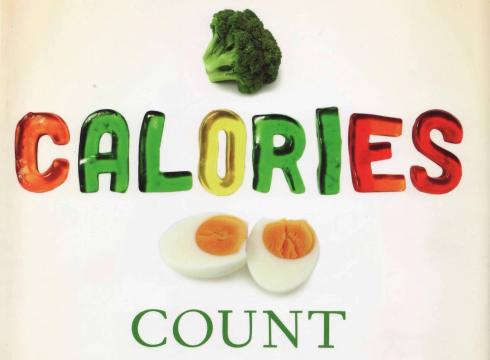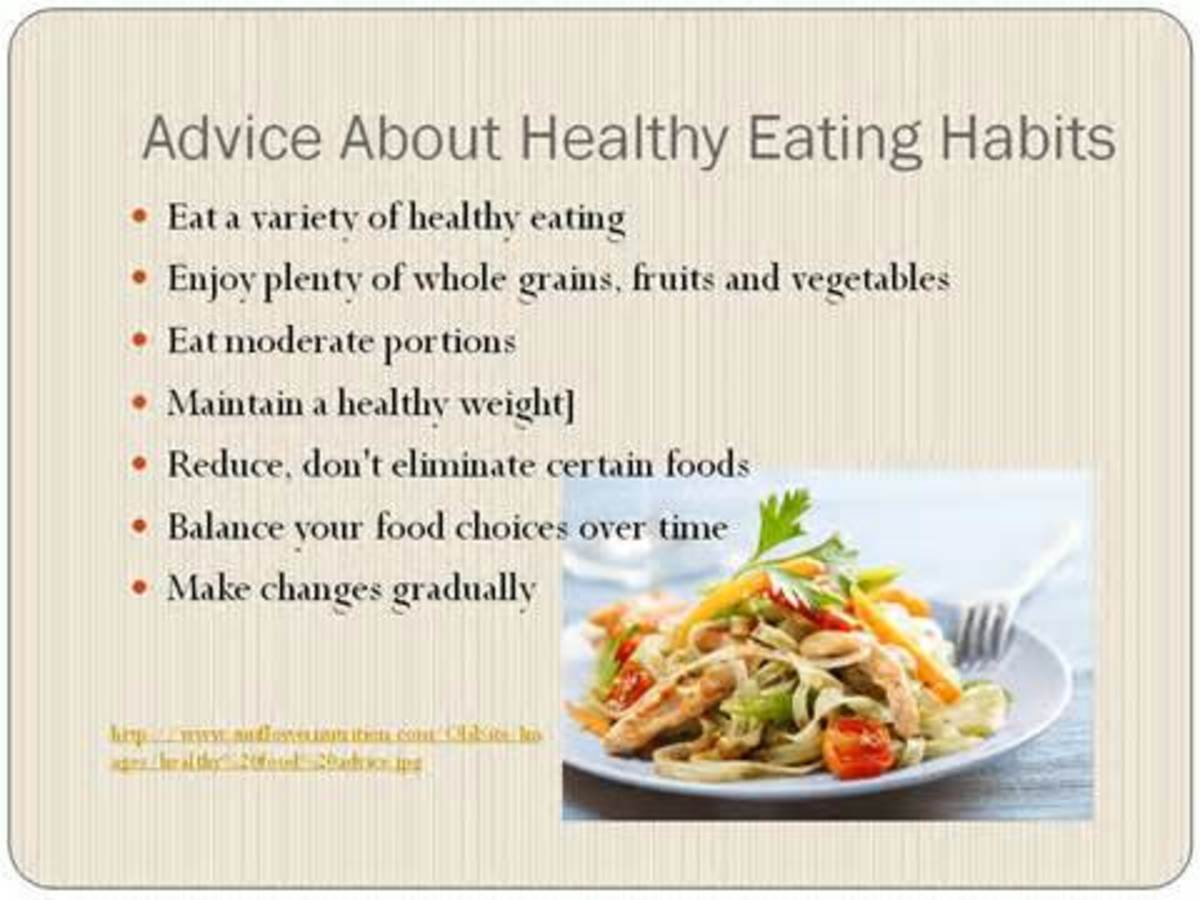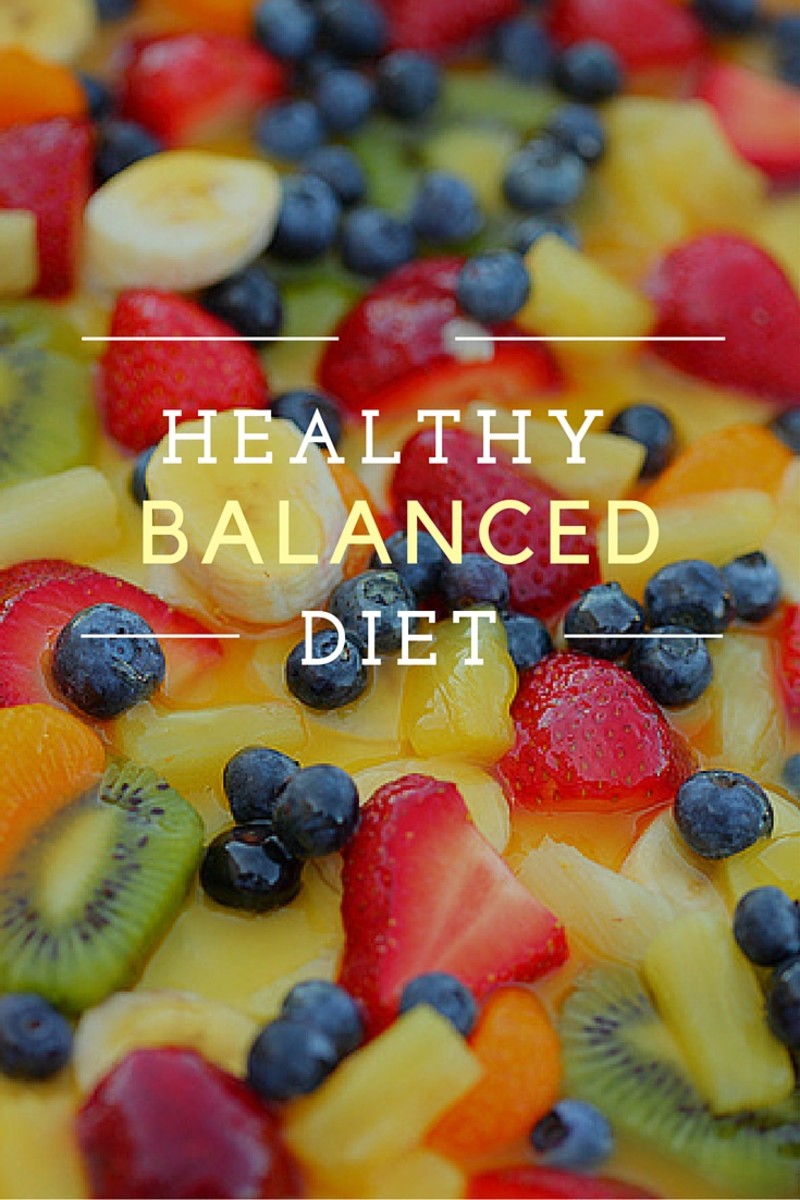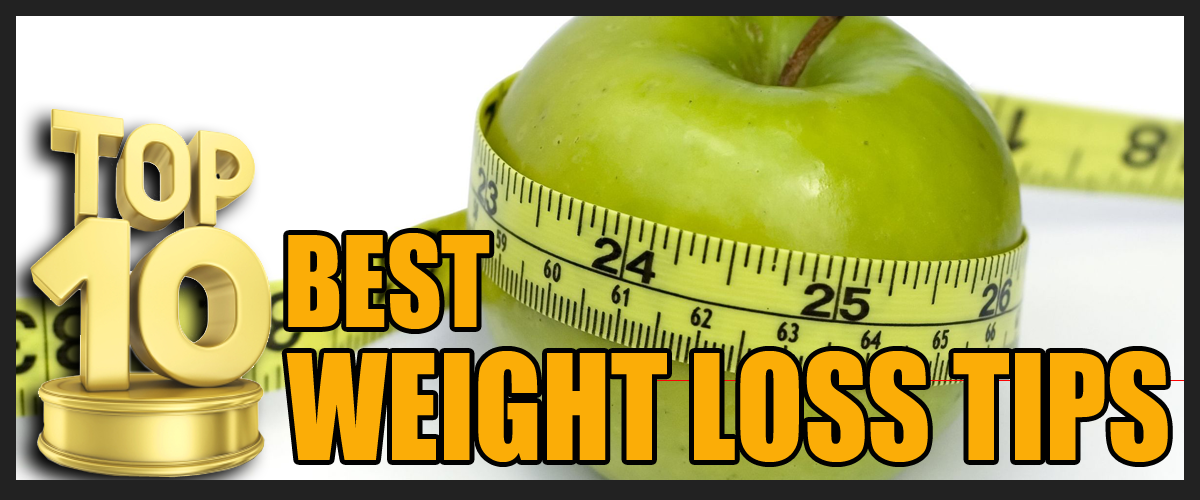Weight Loss - Evaluating Your Lifestyle And Eating Habits
Losing Weight The Healthy Way
Main concern is how we lose weight in the most efficient and healthy way. We want to go through the process once to cut down on the disappointments and be able to maintain our healthy state for the longest time possible. If this is your goal then you found the right place. Take the journey to weight loss with me.
To lose weight in a healthy way, you must reverse every unhealthy choice that you made that led to you gaining weight in the first place. Then after that, you have to follow the correct/ healthy way of living if you are to truly lose weight successfully and sustainably. This has to be over a period of time and not a fortnight as you may have imagined. Obviously, you didn’t gain all the weight that you’ve struggled with for years overnight; it took years to gain that weight so you should expect the journey to losing weight to take long (although not really as long if you are fully committed to living healthy). Actually, there might be times when you might feel like giving up.
The secret to surviving the weight loss process is never giving the option of opting out a second thought.
Loss Weight - Healthy way

Track your meals
It is important that you establish what you’re eating habits are at the moment especially given that it is your habits that we will get to modify as we introduce better ones into your life. You can start by getting yourself a food journal. It is in the food journal that you will note down all the food and beverages that you are taking. You will also get to note down the timings of your meals. This does not have to be on a daily basis; you could choose some days of the week and your weekends to record to give a clear picture of your habits for the entire week.
When you do this, you will get to know the types of food that you eat whether fresh or frozen and your eating patterns when you are free and the days that you are busy. You will also get to identify the number of times that you eat out. The information that you gather here will be very beneficial when we are thinking of realistically modifying your diet.
Measure your portion size
Some of us have a problem with the diet that we are taking but with some of us, it boils down to the sizes of the servings. As you take note of the meals that you eat and the patterns, try to get the portion sizes of your meals because it might well be your downfall.
When looking into diet, we will come across calories and this can easily be calculated through the food proportion hence the importance of portion. To get the recommended calories, you might need to either increase or decrease your portion.
Count calories
The amount of calories in your diet determines whether you will gain weight or lose it. It is therefore an important perspective that should be included in your food journal. It may be tricky trying to calculate the exact calories that you might be taking but there are simplified ways that have been devised to make it easier for you. We will get to discuss this later.
Note: Cutting out more than 500 calories daily is not safe and so is eating less than 1200 calories.
Cravings and emotions
Most of us have the tendency to eat in response to our emotions. Therefore, when we are either sad or happy, we eat more. As such, you need to find the connection between your moods and the type of snacks you take. Consider the times of the day when you particularly want a specific meal and which meals they are. It is from here that we can identify your weaknesses.
A balanced diet plan
When you have decided that you have fully identified your lifestyle and the foods that you eat, it is now time to meet with your dietitian and think of a balanced diet. A good diet is one that includes all the types of foods/ nutrients in the right proportion to help you lose weight in the right way.
Nonetheless, you will still need to equip yourself with information on what constitutes a balanced diet if you truly want to lose weight.
Balance Diet

A Balanced Diet
When looking into losing weight, you have to make sure that the diet you choose is balanced to help keep you nourished through the process. When I started losing weight, my aim was to look much better than I was in all aspects. This I gladly achieved and I attribute it to the fact that I observed a balanced diet. The first step is to identify what a balanced diet is. It is one that contains all the macronutrients namely the carbohydrates, proteins and vitamins. Within this diet should be healthy consumption of fat and water too. Before we learn on what types of food we should concentrate more on, let us have a look at what each group entails and the functions of each. There are mainly three types of food groups, grouped according to the macronutrients that they provide. These are:
Carbohydrates; these are energy giving foods that you consume.
Proteins; these are the buildings blocks of life
Vitamins; these are essential for normal cell function, growth and development of any human being
Fats; These are essential for our immunity and hormone development
A balanced diet should essentially entail all the mentioned nutrients at their adequate amounts. To achieve a balanced diet you should strive to eat:
Fruits; they are fresh and contain most of the nutrients above plus more. They are a great way to snack
Vegetables; these are rich in vitamins and other essential nutrients. Dark leafy greens are the best and should be included in all your meals
Grains; remember the energy giving foods. Grains are rich in carbohydrates, some are rich in proteins and some have a little of everything. They are also a good source of fat.
Dairy; these provide calcium and vitamin D in great quantities. They are also a good source of fat.
Calories

Calories
It is a common term that you will come across when going through dieting and weight loss. It simply refers to the amount of energy stored in a particular type of food. It is the same calories that are burned and used when you go through your everyday life thinking, walking and running. The daily calorie intake of any individual is dependent on several things mainly age, gender and physical level. This is why it is necessary that you involve a dietician in planning your meals to ensure that you are meeting the required calories.
Note: Everyone has a daily calorie requirement i.e. the total amount of calories that they use up every day to support various body processes. If you are to maintain your current weight, you need to consume food that supplies just enough calories to support your body processes (with no excesses). And if you want to lose weight, your goal should be to consume lesser calories than your daily calorie requirement in order to force your body to burn stored fat for energy to cater for the calorie deficit. You can check daily calorie calculators here or here.
In dieting, you are always advised to avoid the types of foods that contain empty calories. You might have been wondering what this means; these are the types of foods that provide only little or no nutritional value at all. Some of these foods include bacon, sausages, energy drinks, ice cream, pizza, sports drinks and sodas, cheese, cookies and cakes.






